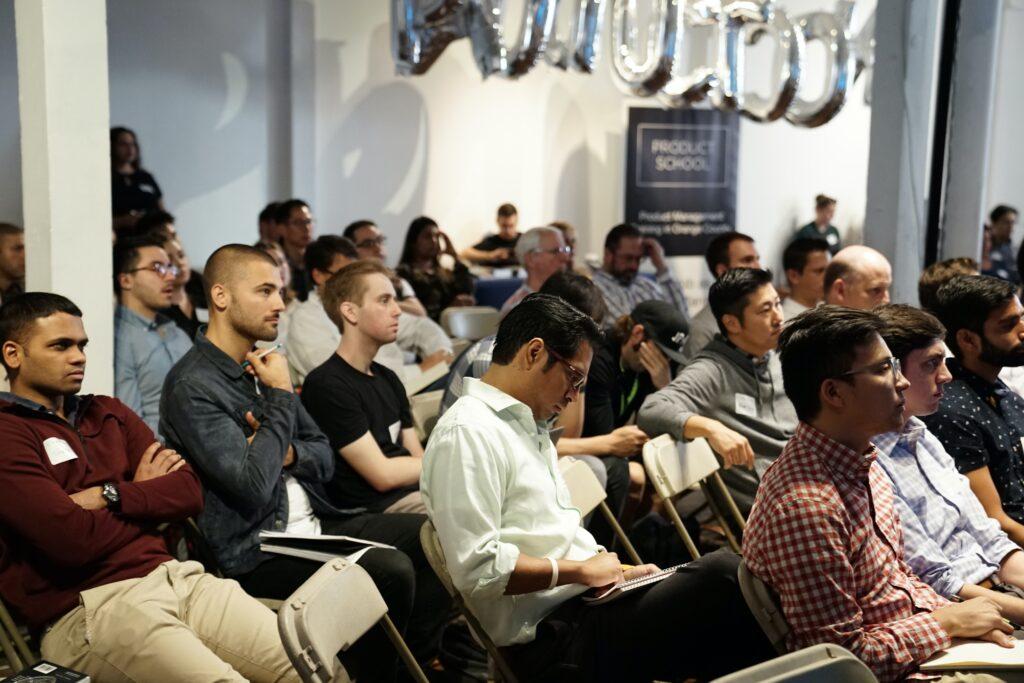
I’m extremely disappointed in myself. Despite all my hard work, I managed to fail my New Years Resolution.
I did all the hard yards, planning and preparation. Yet four days in, my ambitions for 2022 are in tatters.
Perhaps I’m being hard on myself. After all, my New Years Resolution was to win the lottery and all I did was buy a ticket at the Post Office (well, I also did check if I won). At least I can say I completed those action correctly. Perhaps I can try again next year.
If you couldn’t tell, I write this tongue-in-cheek. If you’ve seen me speaking about it recently, I am not a fan of New Years Resolutions. Whilst I think having a moment to reflect on the year gone by is helpful as we come up to end of December, it’s also quite arbitrary. Let’s not forget that we’re being prompted by a date on the calendar.
It strikes me as even weirder that we use this calendar-prompt as a reason to decide what we are going to do for the next year. After all, I don’t know what I’m going to be doing in a week, let alone in six months. I would guess we do this as a mix of societal pressure and weird personal aspiration. Yet I think we all know that neither of these are particularly conducive to successful personal change. It’s no wonder why most people fail with their New Years Resolution (or if you’re like me, forget I even made one). This then leaves people feeling guilty and actually less likely to commit to change.
I am a big believer in personal development. People can change. People can make themselves better. Yet to do so takes a lot of work. Having motivation, making a plan and working with a coach makes it more likely. Inspiration for change also come at any point. I suddenly decided to start my podcast in December, since I was feeling motivated. So I went ahead and did it.
So what if you do genuinely want to change? Here are some thoughts to prompt you:
- Find a sustainable motivation for wanting it – if your goal is to lose weight, is there something more profound than simply ‘because you probably should’? How about wanting to feel healthier and reconnect with hobbies you’ve lost touch with.
- Make it achievable – in the height of new years eve drama, we can all be guilty of building monumental expectations of what we want to do over the next 365 days. Yet we greatly underestimate how long things take. Jeff Bezos would use the example that people think it would take two weeks to learn how to do a good handstand. In reality it takes around six months of daily practice.
- Create a plan – Planning will help give an idea of how you want to reach your goal. They don’t have to be overly detailed – after all, plans go awry and life happens. This will at least give you an idea of how to start, and you can always adapt it later. If you find you’ve misjudged your plan, you can learn from that experience and be better at planning for the next time.
- Start when you’re ready; stop when you need to – Change is an emotionally tiring, yet rewarding process. It’s important to be mentally prepared, and start when you are actually ready. So start when you say so, rather than when someone else tells you. Likewise, life can get in the way, so it’s okay to slow down if you need to. Although a goal can be a good prompt for change, you may need to readjust depending on the circumstances.
- Find external support – It’s hard to do things alone. So find ways you can get support for the changes you want to make. Whether that be from family and friends, or finding a supportive group. I worked with a coach throughout the biggest changes in my life, which enabled me to work through the mental barriers. These included feeling fear, confusion and lack of direction. This experience prompted me to help others with their changes by becoming a coach.
Are there any changes you would like to make? I’d love to hear about them in the comments!








